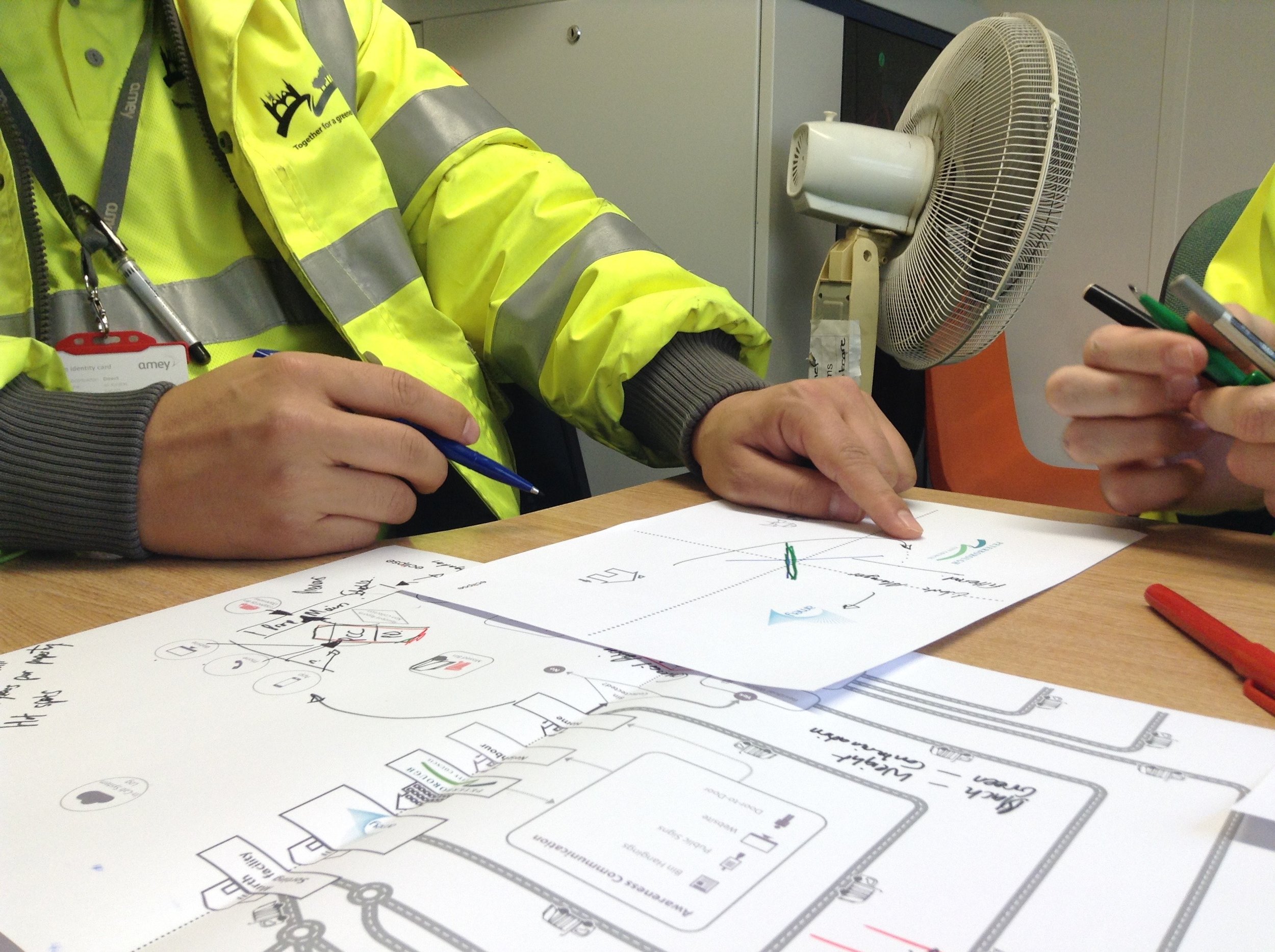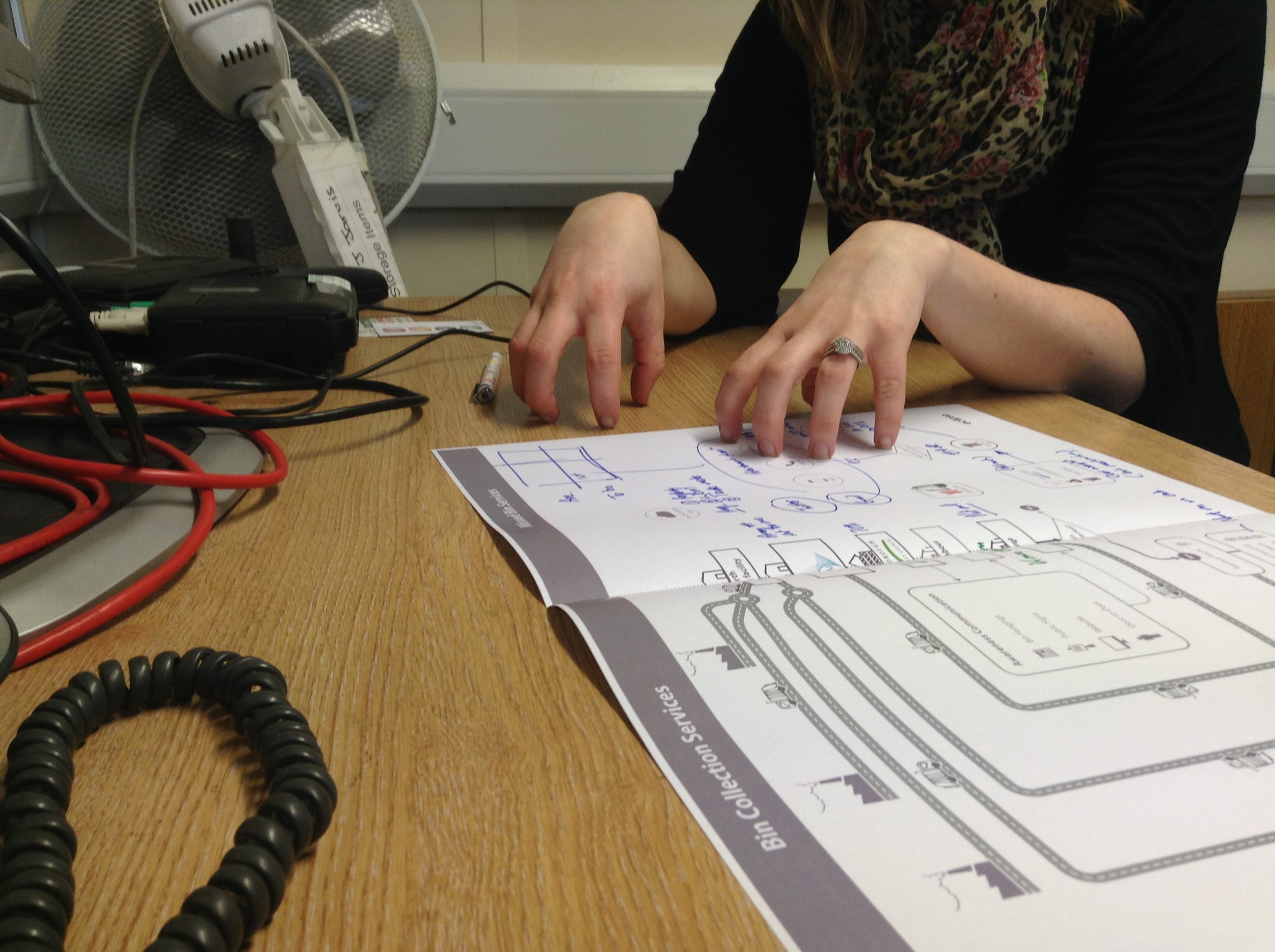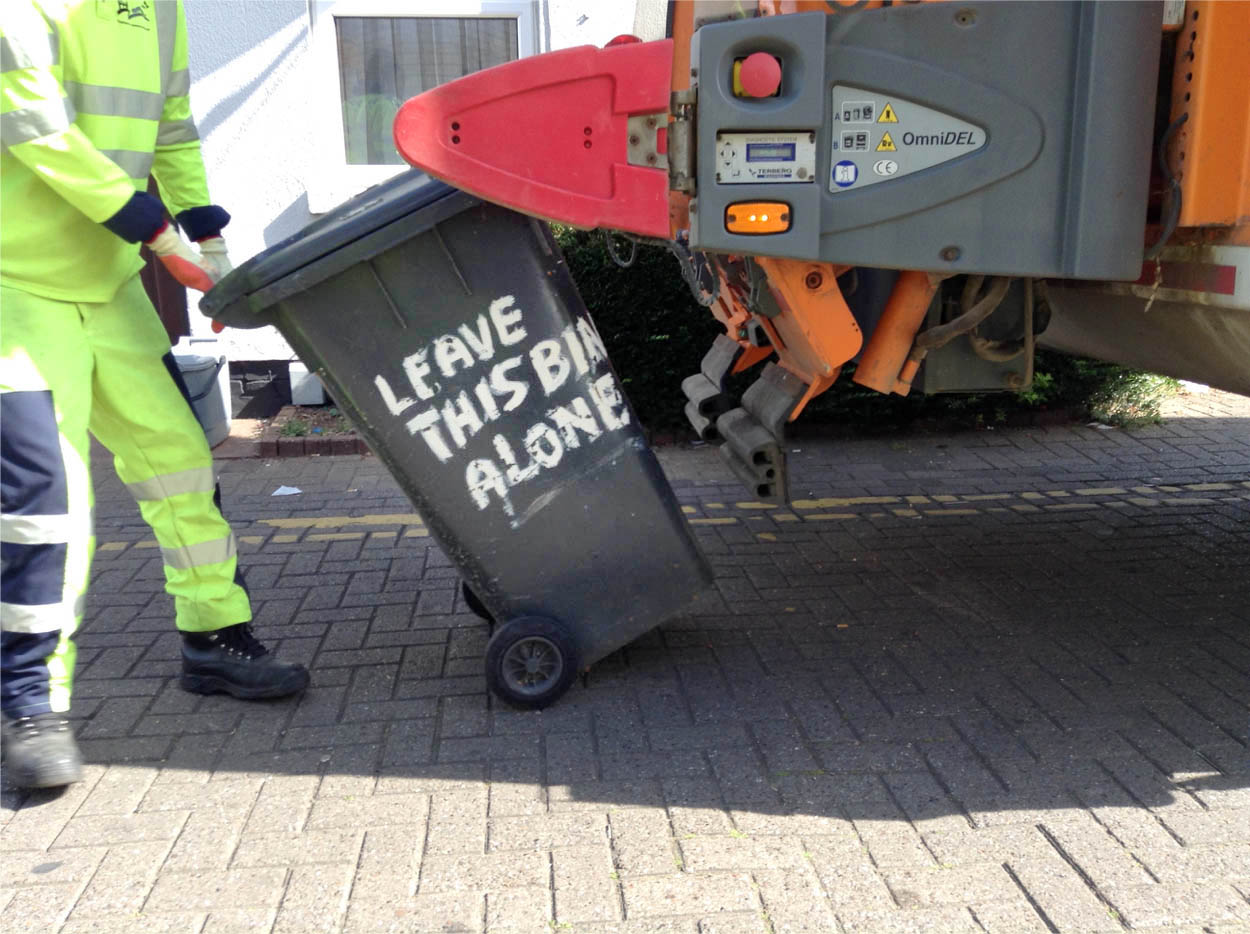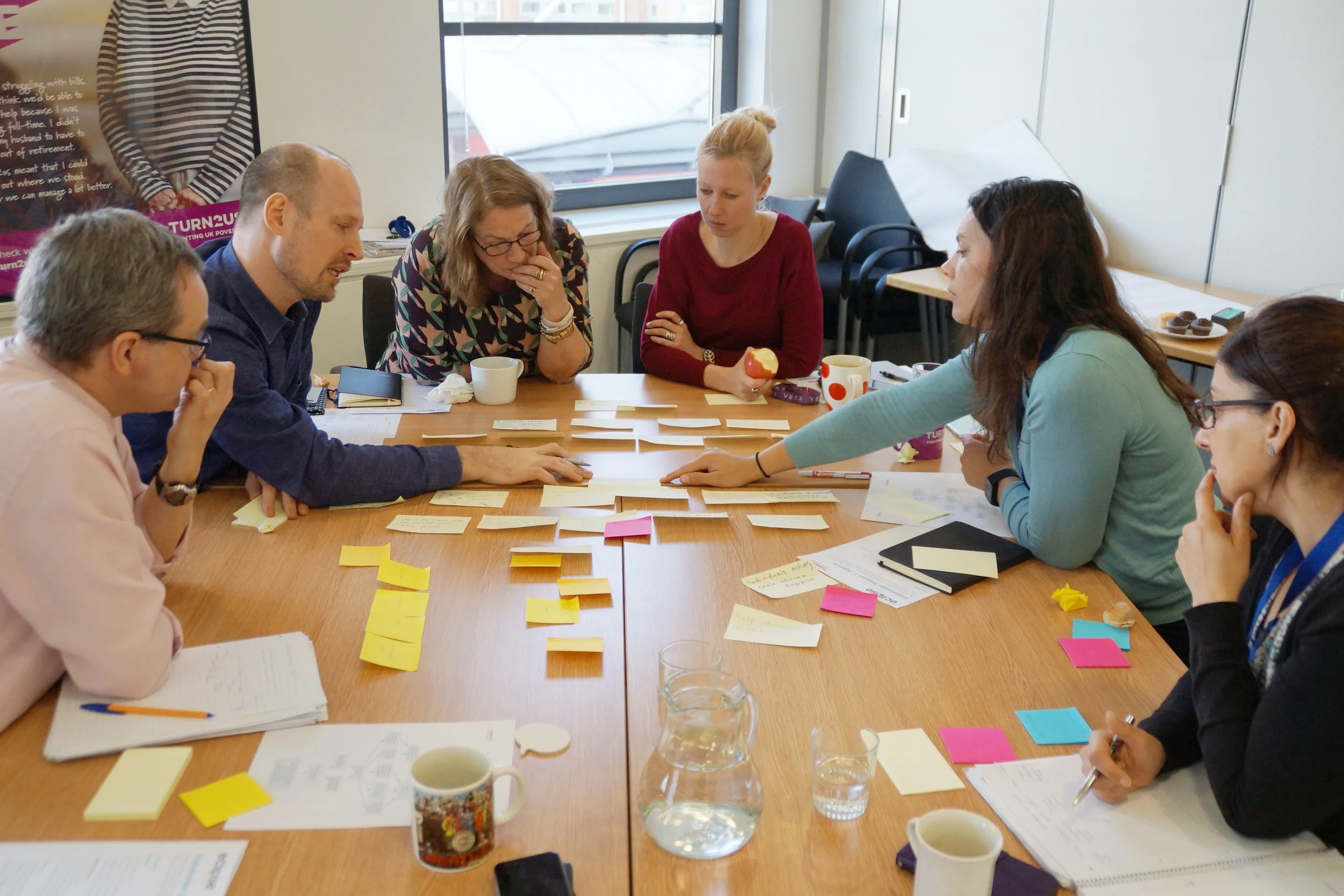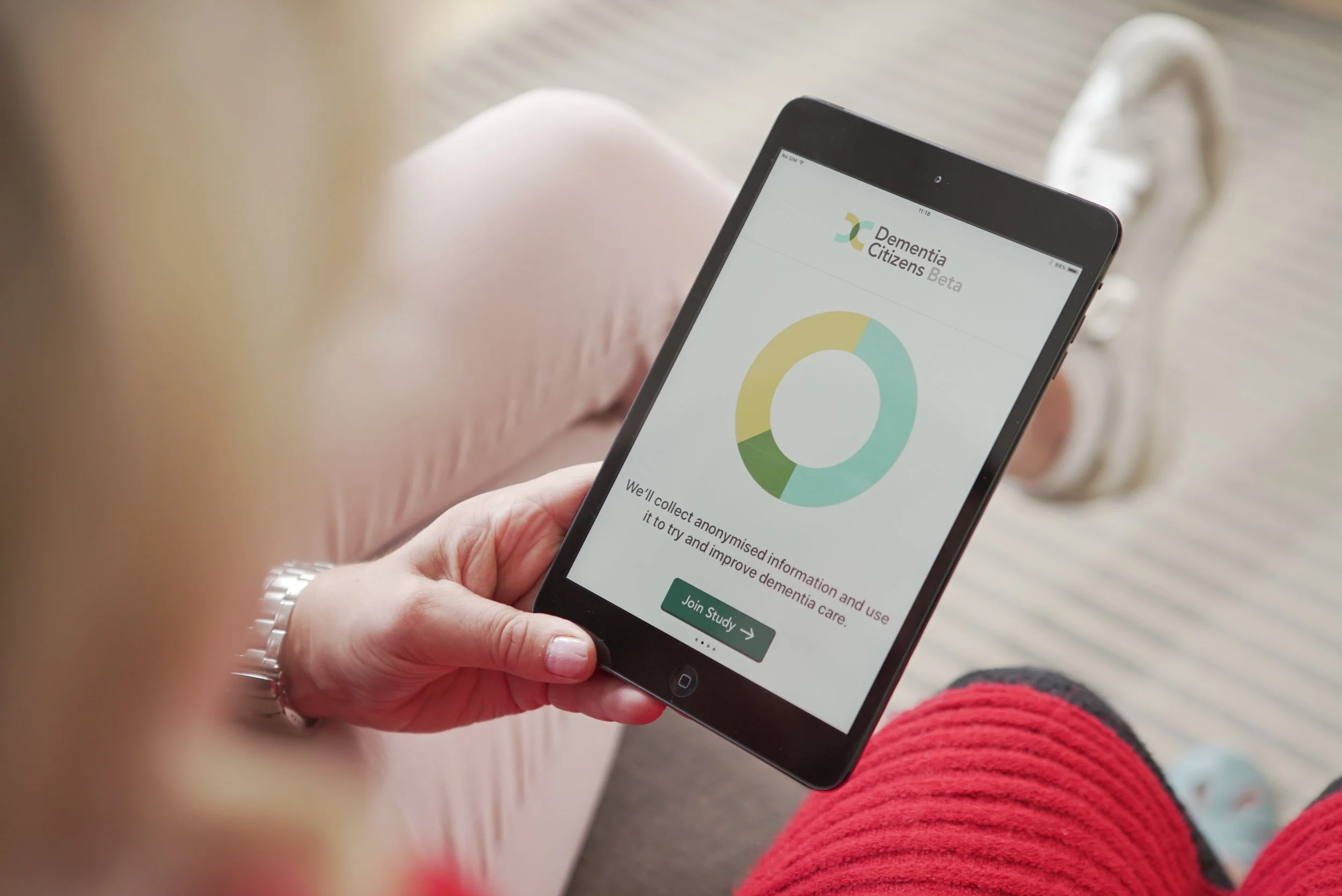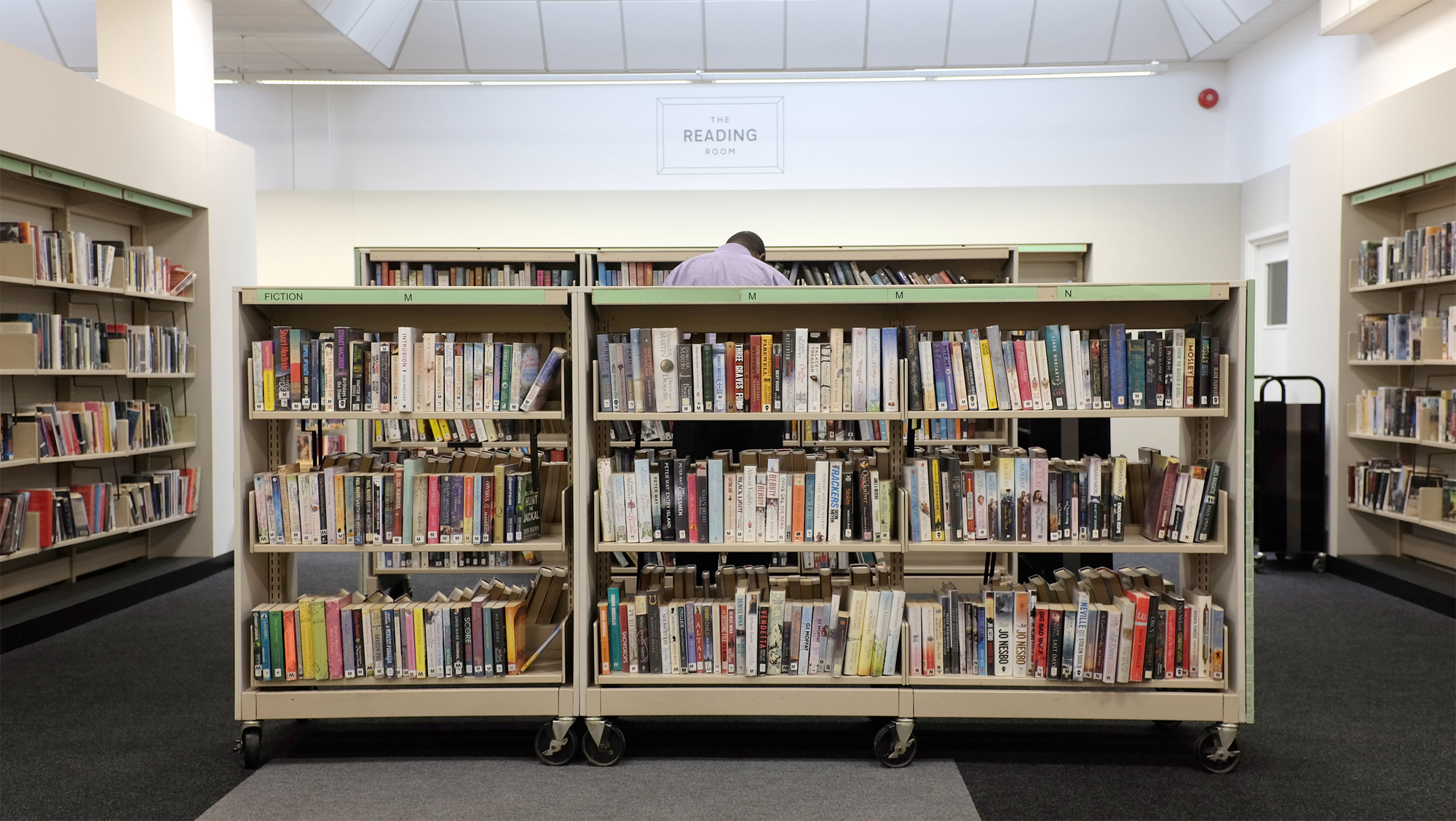
How might we improve the local bin collection service for those who manage, deliver and use it?
The challenge
The Council and its service provider asked us to identify the different behaviours, attitudes and issues impacting everyday bin collection experiences.
The approach
We introduced a user-centred approach that drew on contextual, design-led research. We engaged with people in the everyday places where they interact with bins and used design stimulus to explore the behavioural, social and environmental factors involved in bin collections.
The solution
Our research located small gaps that have a significant impact on the quality of the bin collection service. From these gaps, we then delivered an intial set of recommendations toward change.
We led an intensive period of user-centred research with Peterborough City Council, local residents, Amey, and Peterborough Direct to understand their experience of bin collections and uncollected bins.
We conducted a mix of contextual interviews in people's everyday environments (homes, offices, waste management facilities) where their interactions with bins habitually take place, along with observations of bin rounds with operative crews, and an online survey to reach a wide range of Peterborough residents.
We found that the bin means many things to residents: it represents personal waste and values, cultural understandings, and political responsibility. If one small thing goes wrong, bins become an issue that is highly charged. Addressing those small gaps will go a long way to make a meaningful difference across the Peterborough community.

